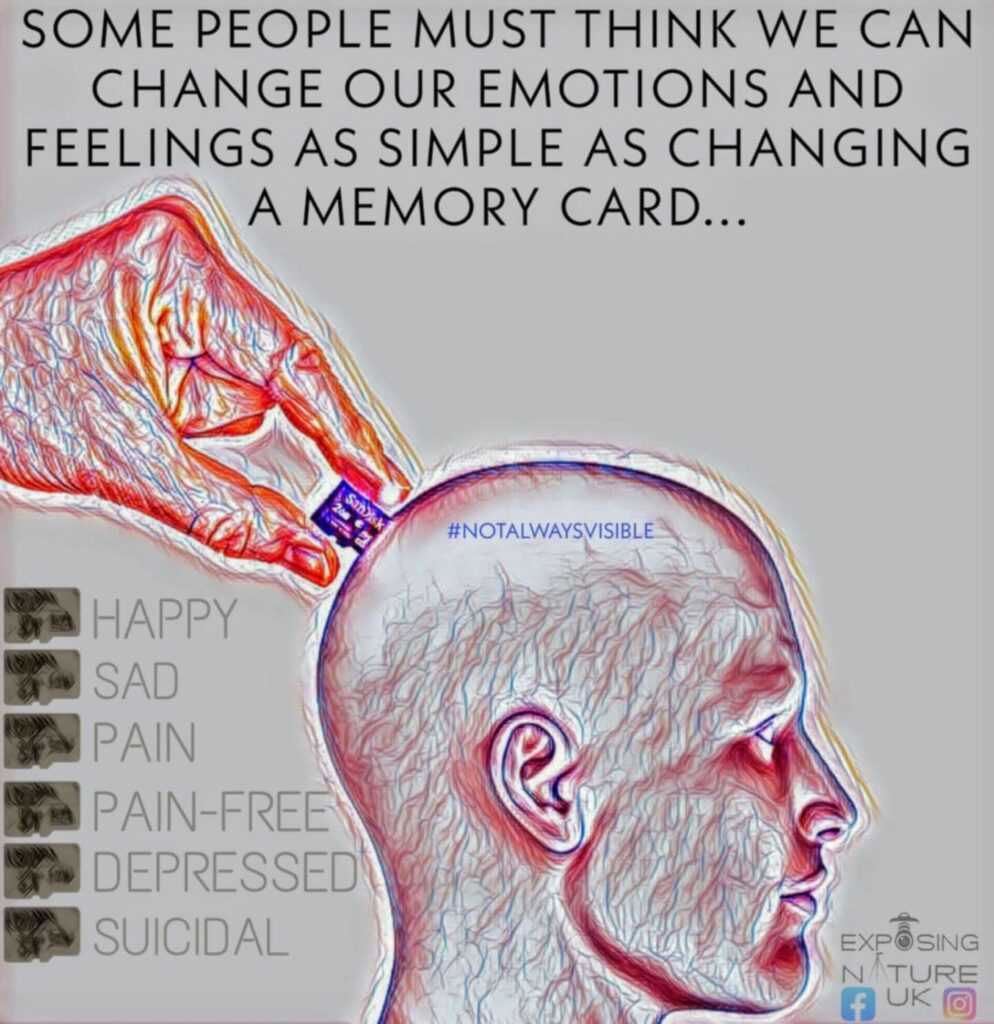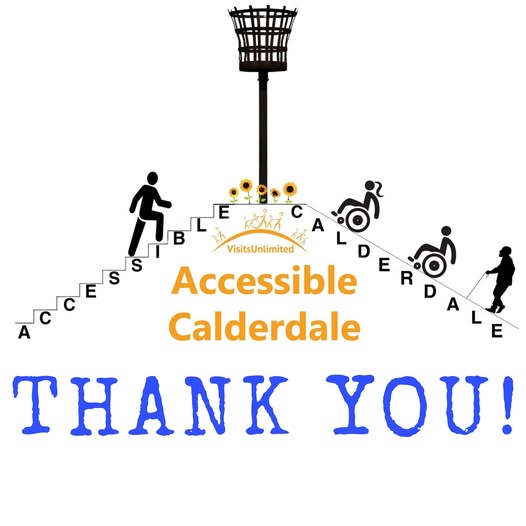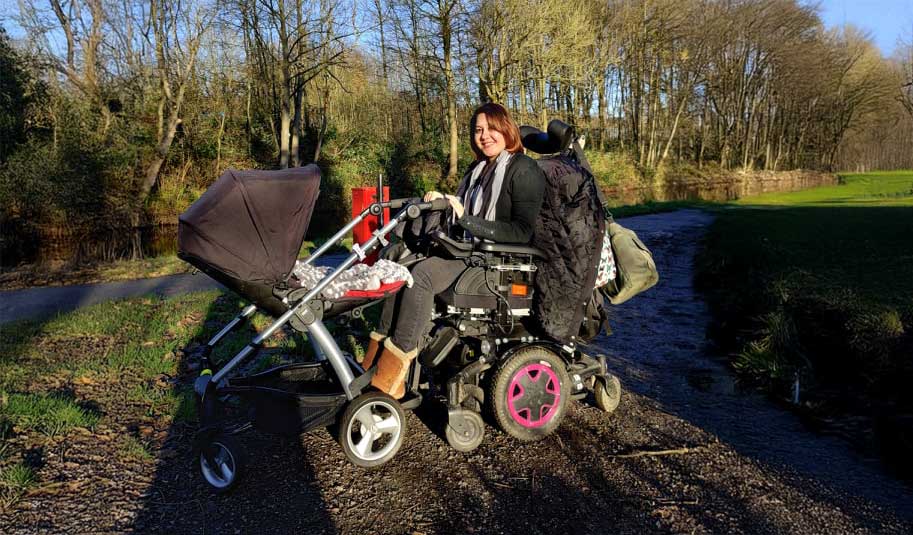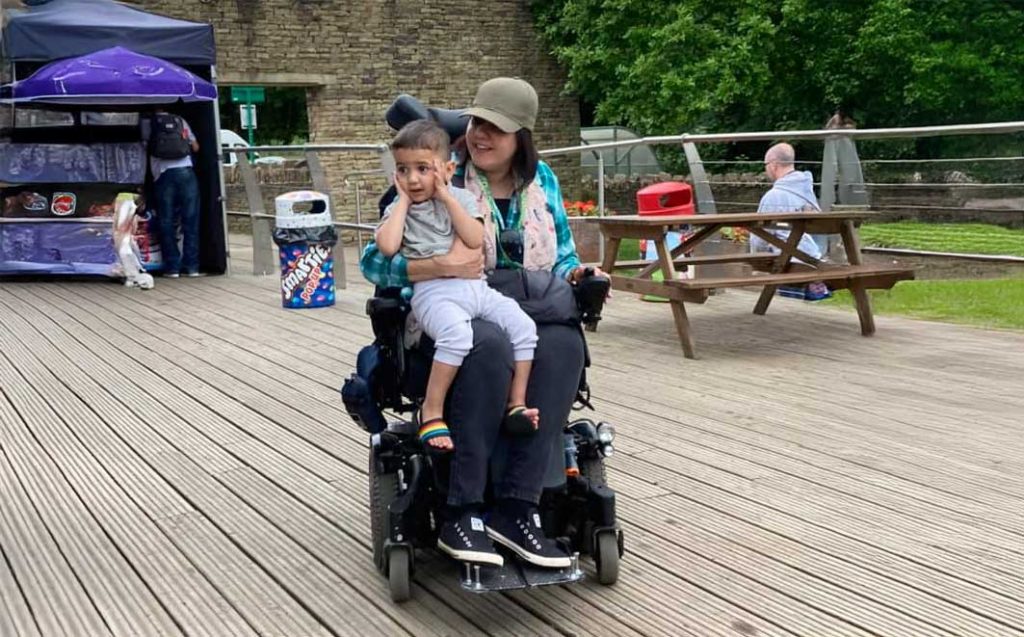Introducing “Misunderstood”: A New Course on Disability and Inclusion. (Starting Friday, March 13th.)
At Visits Unlimited and Accessible Calderdale, disabled people are at the heart of everything we do. We are proud to announce the launch of our new training programme, Misunderstood, a course focused on disability and inclusion and designed and delivered by people with lived experience of ADHD, neurodivergence, and physical disabilities.
Our team, including Jo, Aspen, Paul, and Nadia, are the true experts. Drawing on their own experiences, they invite participants to look at disability and inclusion through a new and more honest lens. This is not theoretical training. This is training grounded in real life and everyday realities.
Why “Misunderstood”
Too often, disabled people, especially those who are neurodivergent, experience misunderstanding and exclusion. This does not happen because of their needs, but because of a lack of awareness and understanding from others.
These misunderstandings can lead to stigma, social isolation, and barriers to employment, education, and participation in community life. Misunderstood aims to challenge these issues directly by sharing real stories, encouraging open discussion, and creating opportunities for meaningful participation. The focus is on learning through listening and reflection, not assumptions.

What Makes This Disability and Inclusion Training Unique?
• Lived Experience at the Core: The course is co-designed and delivered by people who know what it means to be misunderstood and discriminated against.
• Interactive and Reflective: Participants will engage in activities and discussions that foster empathy and understanding.
• Breaking Down Barriers: We use the social model of disability, focusing on removing societal barriers rather than “fixing” individuals.
Join Us and See the World Differently
We invite you to watch our introductory video featuring our trainer Paul, produced by Rupert from AiSight:
https://youtu.be/C_hsmcagIgw?si=WNRrEMbHyTVWvfWJ
Paul and Misunderstood
If you want to learn more about the Misunderstood disability and inclusion training, become a member of the Accessible Calderdale Disability Access Forum, or discover more about our work, please contact Lorraine at lorraine.accessiblecalderdale@gmail.com or call Katie on 07908624549.
Together, we can create a more inclusive Calderdale, one where everyone is understood, valued, and able to participate fully in community life.
*This new course has been supported from strong partnership working with North Halifax Partnership who worked with us to secure funding and co-design this course involving local people with lived experience. This initial course has been funded by the UK Shared Prosperity Fund (UKSPF). In West Yorkshire, the West Yorkshire Combined Authority leads the implementation of the Fund as part of the Mayor’s ambition to make West Yorkshire the best place to work, learn and live.


























